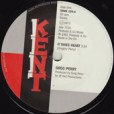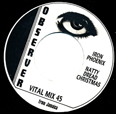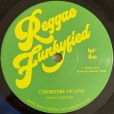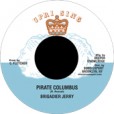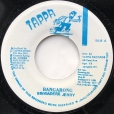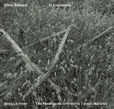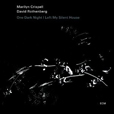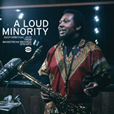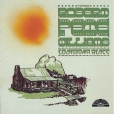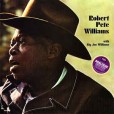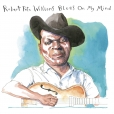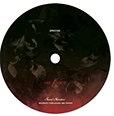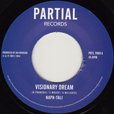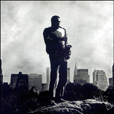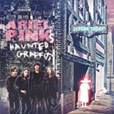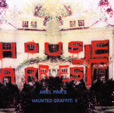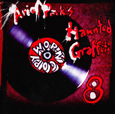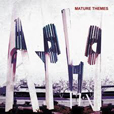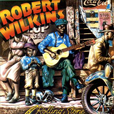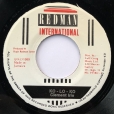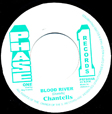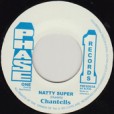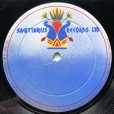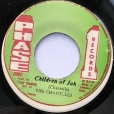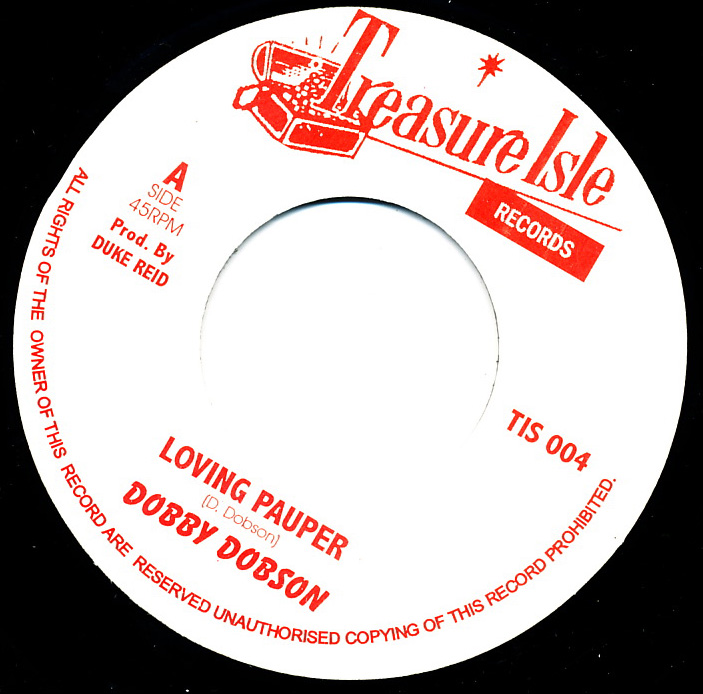Your basket is empty

Surely this is a Lloyd Campbell production of The Revolutionaries, not a Niney.
Either way it’s total murder, with a dub originally entitled The Rise And Fall Of The South African Regime.
Next cut to The Heptones’ almighty We Want It.
Unmistakably sexy, classy SC over fun, rickety island disco produced by Franklyn Waul — from the Taxi Gang — in 1988.
On Little Roy’s Christopher Columbus.
Piano duets with David Rothenberg, playing clarinet and bass clarinet.
‘The most avant- garde blues performer ever recorded. No punk rock band has ever matched the jagged acerbic fury of the riffs Williams played 35 years ago. No rapper has approached his ability to evoke the torment of life in prison or bend language to cast an eerie spell over a chance encounter with a seductive woman’ (New York Times).
‘It’s difficult to approve the banalities of most blues singers after listening to Robert Pete Williams’ (Peter Guralnick, Feel Like Going Home).
The ten tracks of the classic Louisana Blues album recorded in July 1966 in Berkeley under the supervision of John Fahey for his Takoma imprint… plus scarce or previously unreleased studio and live recordings made in France and Italy in 1977-78.
A limited-edition CD.
Ace Jah Warrior revive from 1997.
From 1966, burning, mostly free-form, a quintet featuring the missus Barbara Donald’s brilliant trumpet-playing, and an up-and-coming John Hicks.
1928-35 recordings by the Memphis bluesman (with Cherokee Indian close by in his family tree) — including That’s No Way To Get Along, later covered by the Rolling Stones as Prodigal Son.
Lloyd Forest, Tommy Thomas and Samuel Bramwell at Joe Gibbs.
